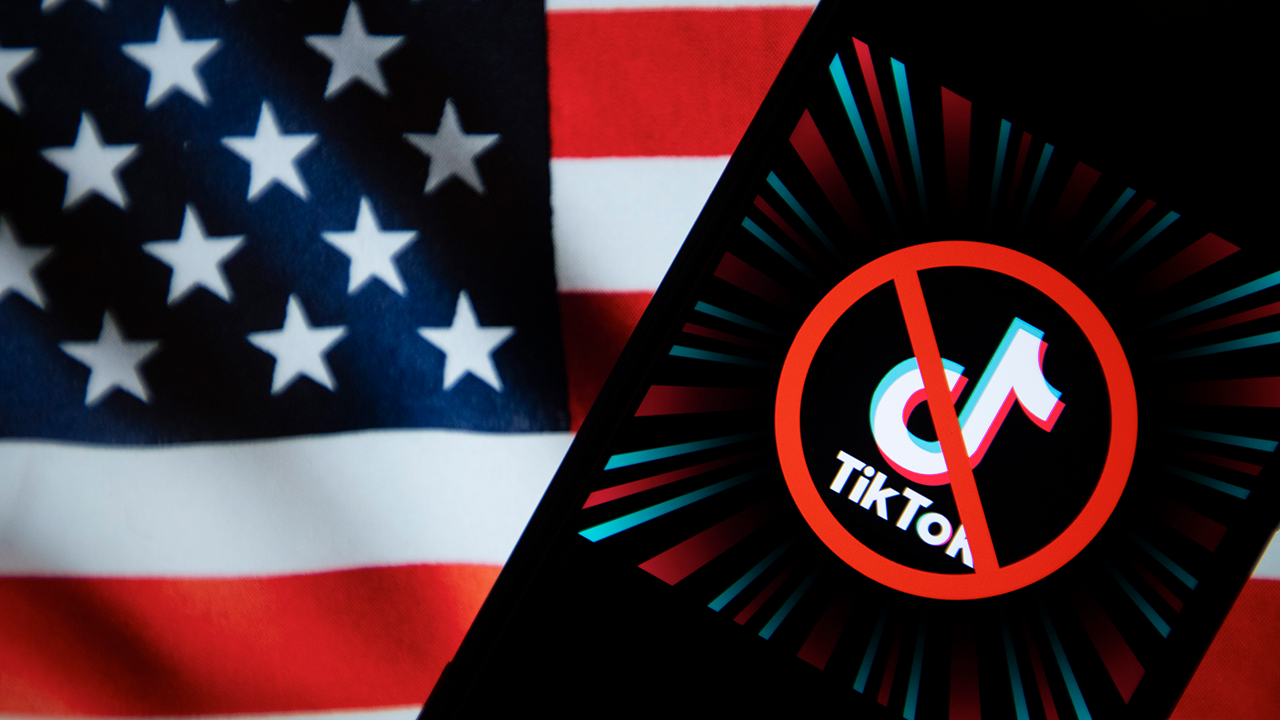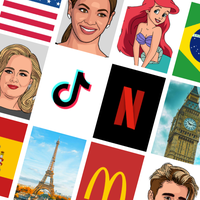The landscape of social media in the United States has shifted dramatically as TikTok, the popular short-form video platform, has been officially banned within its borders. Users attempting to access the app are now met with a message that reads, "Sorry, TikTok isn't available right now." The message further explains, "A law banning TikTok has been enacted in the U.S. Unfortunately, that means you can't use TikTok for now. We are fortunate that President Trump has indicated that he will work with us on a solution to reinstate TikTok once he takes office. Please stay tuned! In the meantime, you can still download your data."

Despite TikTok's final appeal to the U.S. Supreme Court, the ban was upheld unanimously. The Supreme Court acknowledged the platform's role as a "distinctive and expansive outlet for expression, means of engagement, and source of community" for over 170 million Americans. However, it sided with Congress's determination that the ban was necessary due to national security concerns related to TikTok's data collection practices and its ties to a foreign adversary. The court concluded that the ban does not violate the First Amendment rights of TikTok's users.
TikTok is holding out hope for a reversal of the ban, with expectations set on the incoming U.S. President Donald Trump, who is set to take office on January 20. Trump has hinted at a potential delay of the ban for 90 days, as mentioned in his interview with NBC News on January 18. This delay aims to provide an opportunity for a buyer from the United States or one of its allies to purchase the app, a transaction that has yet to materialize and was the catalyst for the ban.
The ripple effects of the ban have extended beyond TikTok, with other apps linked to its parent company ByteDance, such as CapCut, Lemon8, and Marvel Snap, also going offline. This comprehensive action underscores the seriousness with which the U.S. government is addressing its concerns over data privacy and national security.















